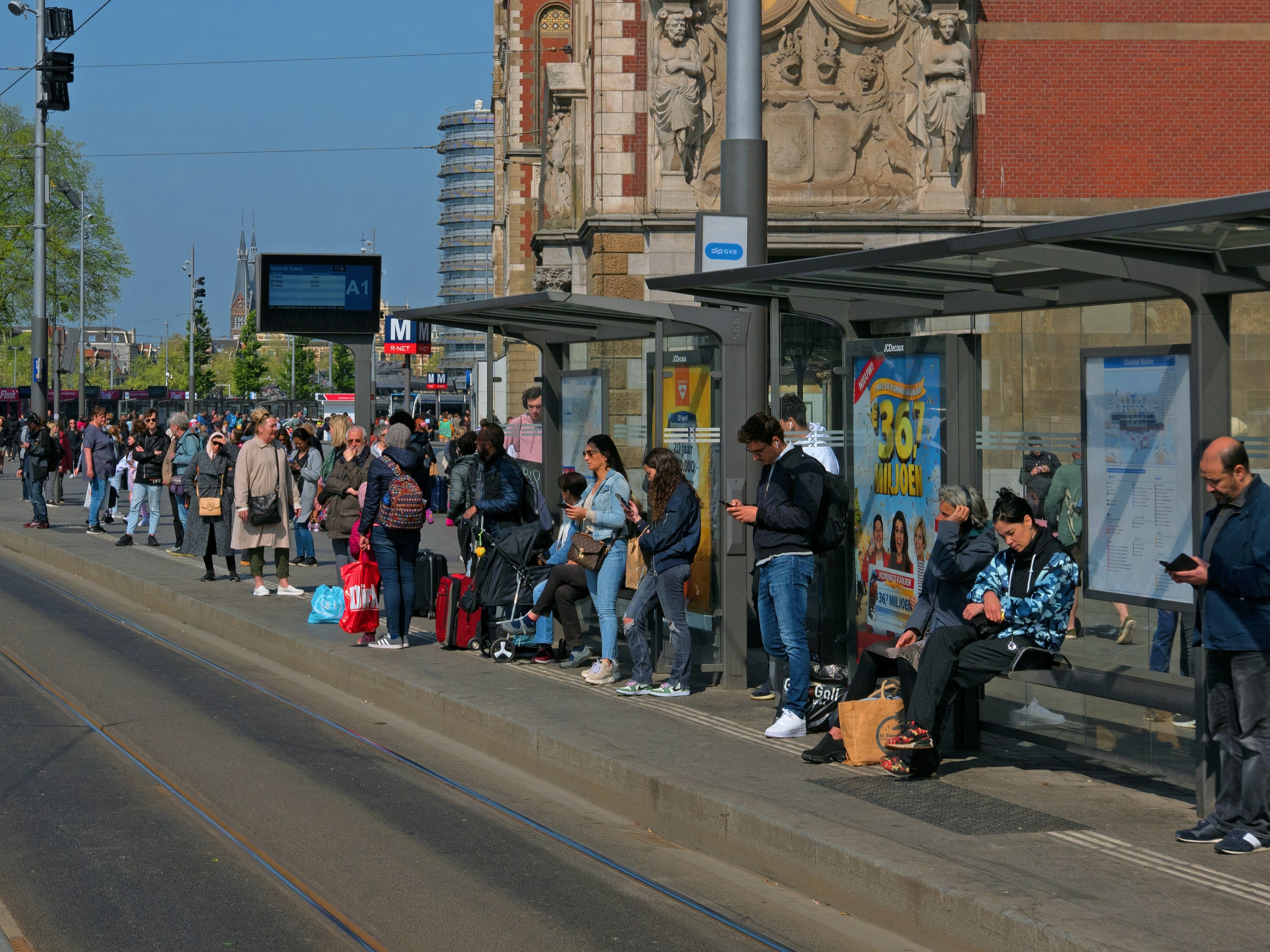As NATO looks to expand, many may still wonder: how does it work?

NATO Secretary-General Jens Stoltenberg addressing Davos 2022 on Wednesday, May 25, 2022. Image: World Economic Forum/Manuel Lope
Listen to the article
- The North Atlantic Treaty Organization (NATO) may admit Finland and Sweden as members following Russia’s invasion of Ukraine.
- That’s spurred greater interest in how the military alliance functions.
- Its most fundamental feature is an obligation to assist fellow members that have been attacked.
When Hurricane Katrina ripped through the US Gulf Coast in 2005, one seemingly unlikely entity came to the aid of people in desperate need of food and medical supplies: a transatlantic military alliance forged in the depths of the Cold War.
NATO’s disaster-relief capacity is one aspect of a vast, multifaceted mission that spans a hemisphere and has serious implications for its member states.
Its architecture is now drawing greater attention as it moves to expand. “Finlandization” may have become a byword for hardened neutrality over the years, yet Finland is seeking NATO entry in response to Russia’s eye-opening invasion of Ukraine. Sweden, too, has bucked its longstanding independence by applying to join.
This planned enlargement has the “complete backing” of the US, a place with a history of NATO criticism; in particular of the Article 5 obligation to assist allies potentially less keen on military spending. Skeptical Americans may want to note, however, that the first time Article 5 was ever invoked was in response to the 9/11 terrorist attacks in the US.
“NATO is the most successful political and defense alliance in the history of nation states,” said former Finnish Prime Minister Alexander Stubb. “It won the Cold War without firing a shot.”
The benefit of NATO membership is therefore primarily preventative. A sort of insurance policy for sovereignty, with premiums paid through a commitment to cooperate. “Just its mere existence is a repellent,” Stubb said.
When NATO decides to act, the alliance requests that forces from member countries be placed under NATO command. It says it currently has the ability to summon nearly 3.5 million troops, personnel, and civilians.
Tensions over sharing the burden of military spending among member states have occasionally worsened. Former US President Donald Trump criticized European members relentlessly for related shortcomings.
Russia’s onslaught in Ukraine seems to have ended those quarrels, by triggering a new eagerness to invest.
Flirting yes, marrying no!
Finland and Sweden are not the only traditionally neutral countries warming to NATO. In Switzerland, where the Cold War prompted intensive bunker building designed for a doggedly independent existence, one military leader recently raised eyebrows by describing the best approach to NATO as “flirting yes, marrying no!”
The North Atlantic Treaty Organization was created in 1949, as the Cold War was heating up. About a decade later, Orson Welles narrated a surprisingly-poetic film promoting the alliance’s virtues.
By that time, NATO membership had grown from 12 to 15 – and would reach 16 by the fall of the Berlin Wall. In the 1990s, countries formerly dominated by the Soviet Union started filing entry applications, eventually expanding the roster to 30 even as some questioned the need for NATO’s continued existence.

NATO’s open door policy means any European country willing to shoulder related obligations can apply for entry. In addition to Finland and Sweden, current applicants include Bosnia and Herzegovina, Ukraine, and Georgia – a country that was itself invaded by Russia in 2008.
As it has expanded, NATO has sought to improve its speed and efficiency by developing new ways of collaborating between US and European outposts, and by forming a €1 billion innovation fund.
Since the beginning of Russia’s invasion in February, alliance members have provided billions of dollars-worth of drones, missiles, ammunition and other weapons for Ukraine’s defense.
As a result, even though Ukraine is not a NATO member despite longstanding efforts to join, it has nonetheless been able to receive large-scale military support from NATO. Some may therefore wonder whether seeking official membership is truly worthwhile.
That's possibly a question best put to current NATO member states that were also once in the Soviet orbit – the ones that have not been invaded.
More reading on NATO expansion
For more context, here are links to further reading from the World Economic Forum's Strategic Intelligence platform:
- To be a realist in international relations is to accept that some states are more sovereign than others, according to the author of this piece, who warns that “strict realism” requires that Finland and Sweden pause before rushing into NATO’s arms. (Project Syndicate)
- Resolving Turkey’s objections to NATO expansion may require a settling of scores for perceived slights over the country’s terrorism concerns, according to this report. (Al Monitor)
- Turkey gained political benefits from its military support for Ukraine, including drones that have played pivotal roles on the battlefield. Now it risks losing those benefits, according to this analysis. (The Conversation)
- Even long-time supporters of US and European security guarantees for Finland and Sweden are concerned about the consequences of these two countries joining NATO, according to this piece. (The New Yorker)
- Two specific complications related to NATO membership for Sweden, according to this analysis: its traditional stance on nuclear disarmament, and reluctance to bolster independent EU defense capability. (European Council on Foreign Relations)
- “Putin has permanently redrawn the map of Europe.” According to this piece, the Russian president’s attempt to fundamentally restructure the European security order hasn’t quite worked the way he envisaged. (The Conversation)
- “My generation was naïve,” said one Finn interviewed for this piece, which traces his country’s long, nuanced relationship with its eastern neighbour. (Der Spiegel)
On the Strategic Intelligence platform, you can find feeds of expert analysis related to International Security, Geopolitics, and hundreds of additional topics. You’ll need to register to view.
Don't miss any update on this topic
Create a free account and access your personalized content collection with our latest publications and analyses.
License and Republishing
World Economic Forum articles may be republished in accordance with the Creative Commons Attribution-NonCommercial-NoDerivatives 4.0 International Public License, and in accordance with our Terms of Use.
The views expressed in this article are those of the author alone and not the World Economic Forum.
Stay up to date:
Drivers of War
Related topics:
Forum Stories newsletter
Bringing you weekly curated insights and analysis on the global issues that matter.
More on Resilience, Peace and SecuritySee all
Shoko Noda and Kamal Kishore
October 9, 2025









